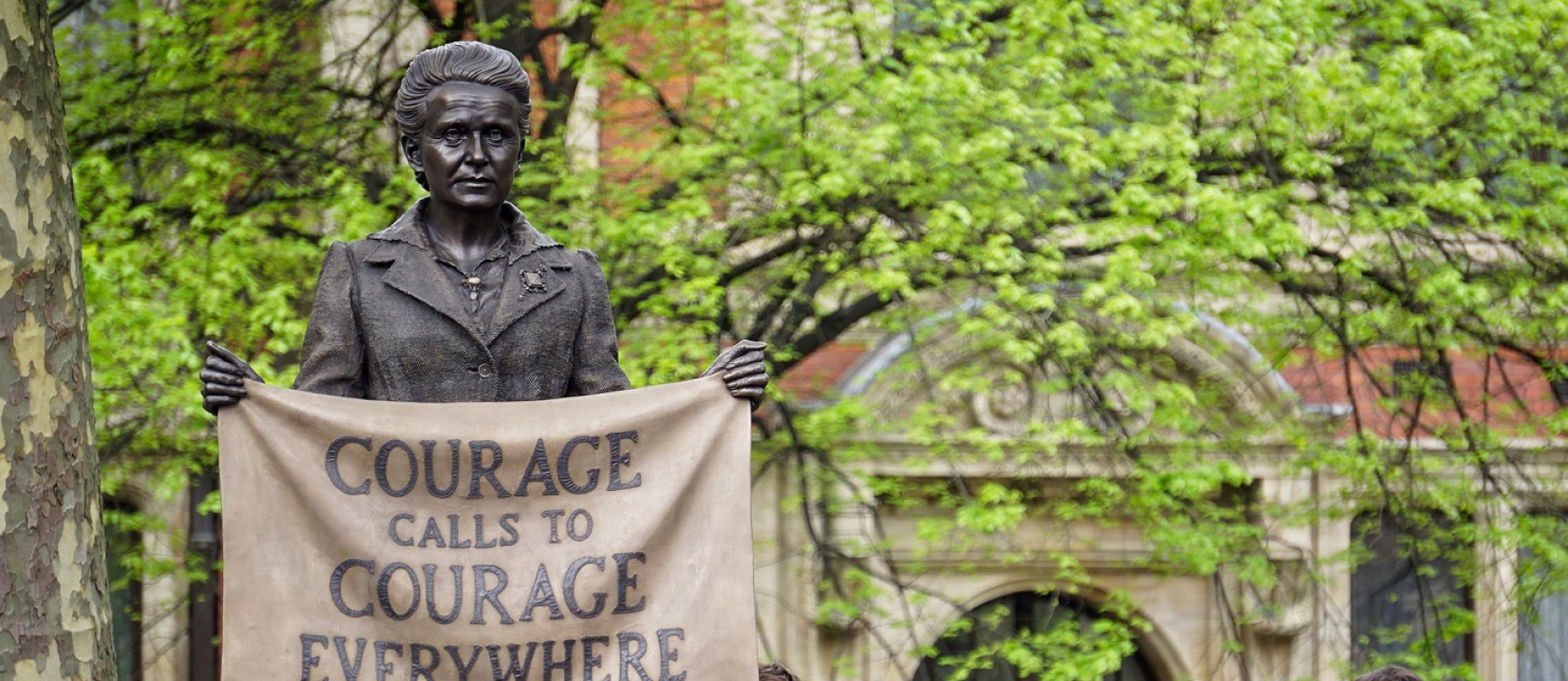Last month, a statue of Millicent Fawcett has been erected in Westminster, to commemorate the 100-year anniversary of (some) women gaining the right to vote.
Fawcett was a prominent and effective campaigner for women’s suffrage, and played a large role in helping British women secure the vote in 1918. What is well-known about her – her fearless efforts to promote equal treatment of the sexes – makes her ideally suited to stand alongside some of history’s most noble figures.
But what is less well-known makes her all the more inspiring to me. In addition to being a committed campaigner, Fawcett was also an economist. Her book, Political Economy for Beginners, published in 1870, was extremely successful.
The IEA’s head of education Dr Steve Davies calls her “an ardent classical liberal and a great exponent of free trade and classical economics and individualism,” continuing “her feminism was bound up with her liberalism.”
Fawcett’s feminism was rooted in truth – the unequivocal assertion that men and women are created equal, and should be treated as such under the law.
Fast-forward 100 years – what are the principles of modern feminism?
Today’s ideology is entrenched in celebrity indignation and deceptive campaigns. I suspect Fawcett would have been outraged to discover the ways in which data is misunderstood – or intentionally manipulated – creating an unnecessary victimhood narrative, to which women are encouraged to subscribe.
Economists struggle to tolerate bad data – like the kind produced by the new gender pay gap reporting measures – and they certainly don’t stand for the conflation of jargon (i.e. the legal issue of “equal pay” and the cultural issue of the “gender pay gap”).
The primary reason that women don’t hold as many senior roles as men is because they prioritise part-time work, more flexible hours, and take more time out of the workforce.
Just last month, a new report (from a society named after Fawcett herself) called for the implementation of “a time-limited use of (gender) quotas” for large corporate companies, while at the same time calling to require “all roles to be advertised on a flexible working basis, unless there is a business reason for them not to be, and more roles available on part-time or job-share basis.”
It doesn’t take an academic to piece together that, regardless of what you think personally about either policy proposal, these are conflicting strategies. The primary reason that women don’t hold as many senior roles as men is because they prioritise part-time work, more flexible hours, and take more time out of the workforce.
The serious lack of economic thinking in gender-related policy circles today produces exactly these kinds of inconsistencies that do nothing to advance working women.
The real irony is that the “feminists” who gathered by Parliament Square that day to cheer on the presence of a female economist are the same people who demonise and exclude women who want to bring some factual analysis to the mainstream debate around gender.
The statue of Fawcett represents her fervent commitment to gender equality, as well as her broader liberalism, which focused on maximising freedom through facts, reason, and truth. Those who claim to speak on behalf of her and her feminism today would do well to remember that.
This article has been reprinted from the Institute of Economic Affairs (IEA).














